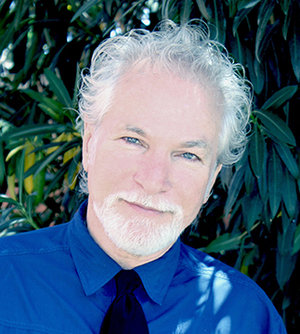Vidyamala on Mindfulness and Pain
/Listen now:
Vidyamala Burch is founder of Breathworks, an organisation offering mindfulness-based approaches to managing chronic pain and stress.
This is based on her own experience of living with severe chronic back pain for many years following an injury in her teens. She started to meditate and is now an experienced meditation teacher who works all over the world. She offers ways to bring mindfulness and compassion to present moment experience - including pain and discomfort - so one can 'live well' with a free and relaxed mind, whatever the circumstances.














